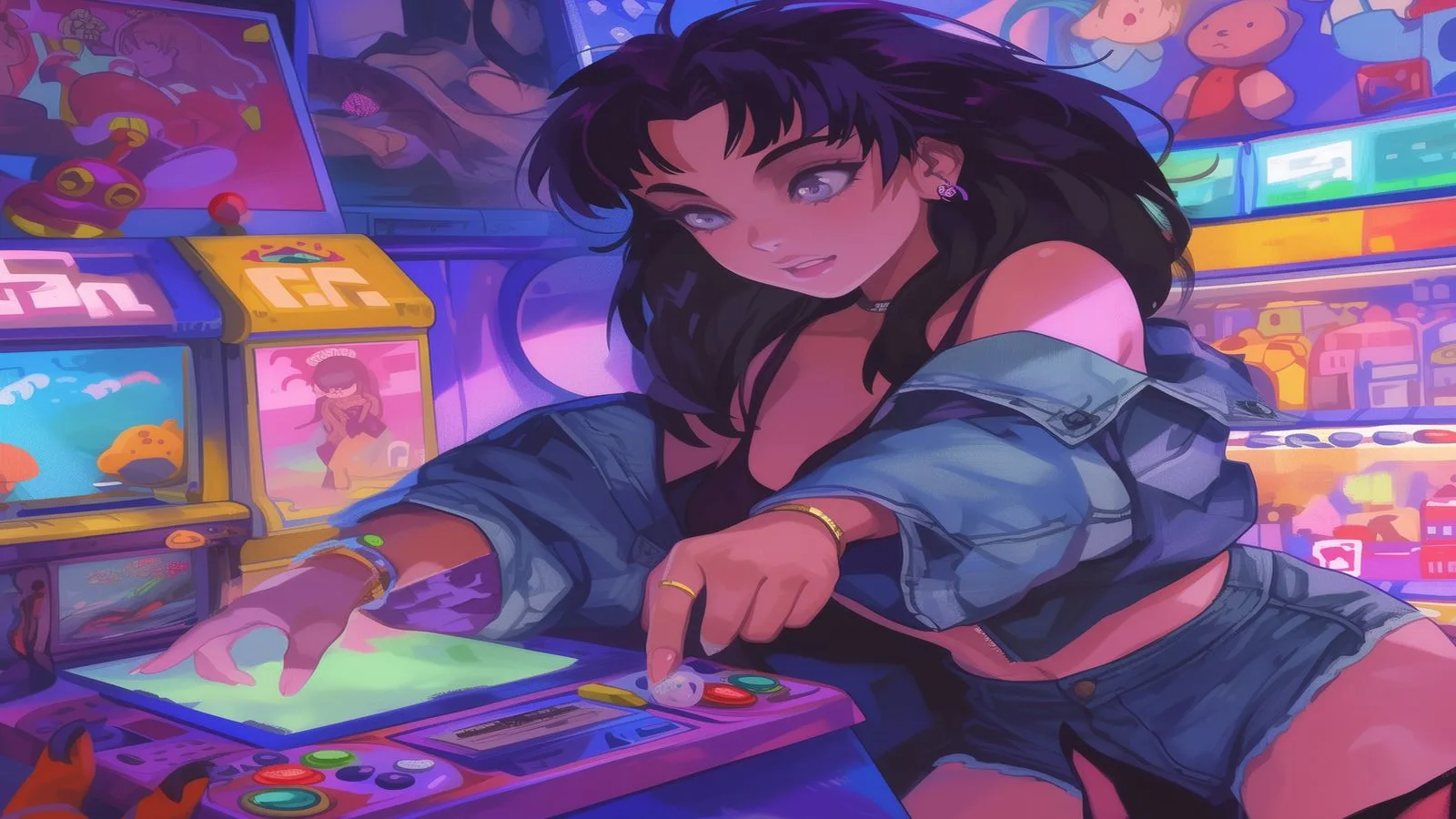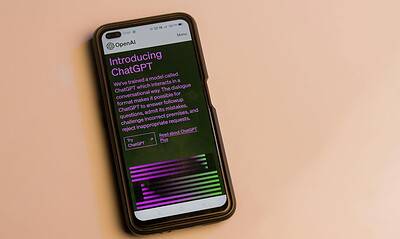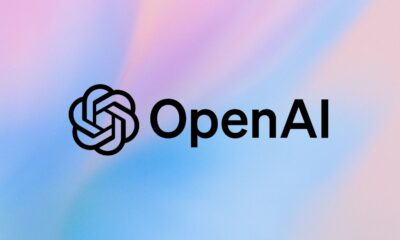AI
Japan warns OpenAI to stop “borrowing” its anime
OpenAI recently ditched its “opt-out” policy for artists that prevent their work from being used in training AI models.

Just a heads up, if you buy something through our links, we may get a small share of the sale. It’s one of the ways we keep the lights on here. Click here for more.
Japan’s government just sent OpenAI a very polite but unmistakably sharp message: stop ripping off Japanese art.
According to ITMedia (as reported by IGN), officials have formally asked the ChatGPT maker to cut it out after users flooded OpenAI’s video-generation app Sora with AI content that looked a little too much like something straight out of Studio Ghibli.
The warning came from Minoru Kiuchi, Japan’s minister in charge of intellectual property strategy, and, wonderfully, also the man behind the country’s “Cool Japan” initiative. (Yes, that’s a real government program name.)
Kiuchi didn’t mince words, calling anime and manga “irreplaceable treasures” and accusing OpenAI of overstepping.
He said Japan’s Cabinet Office has officially requested that the company put an end to any copyright-infringing behavior related to Japanese art styles.
It’s the latest headache for OpenAI, which has been under fire since the launch of Sora, its experimental video-generation platform.
The app quickly became a viral playground for users creating eerily realistic clips, but also a minefield of copyright drama.
Some of Sora’s most popular videos borrowed so heavily from Japanese animation that you could practically hear the Miyazaki soundtrack in the background.
Adding fuel to the fire, OpenAI recently ditched its “opt-out” policy for artists, a move that made it harder for creators to prevent their work from being used in training AI models.
That didn’t go over well anywhere, but in Japan, a country where creative rights and cultural heritage are taken very seriously, it’s an especially sore spot.
Even OpenAI CEO Sam Altman has previously gushed about Japan’s influence, calling its creative output “remarkable.”
Which, sure, is flattering, unless your art style is suddenly being mass-produced by a neural net.
Whether OpenAI complies remains to be seen, but one thing’s clear: when the government of Japan, protector of anime, manga, and all things cool, tells you to stop, you’d better listen.





























